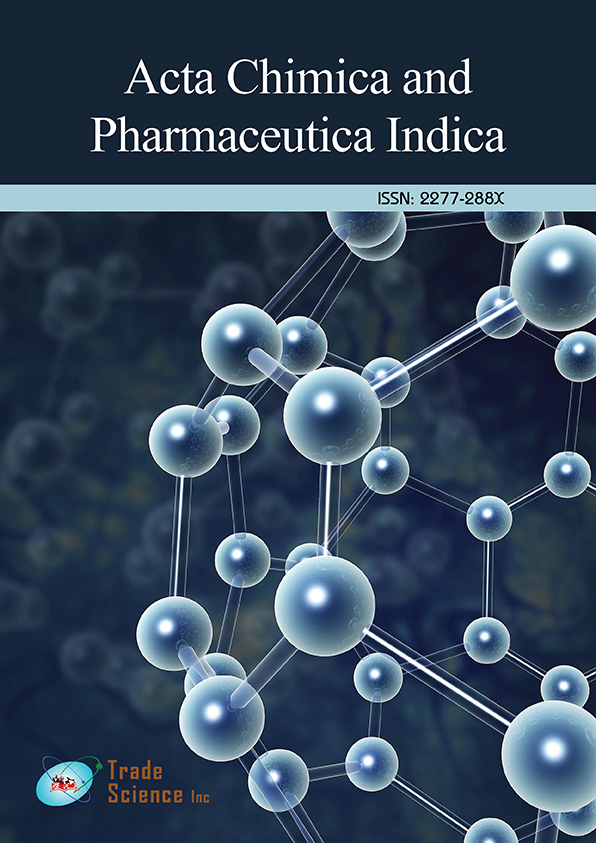Limonoids Articles
Limonoids are one of the most health-benefiting bioactive components of citrus fruits owing to their versatile health-promoting and disease-preventing properties. Citrus limonoids were considered as the culprits causing delayed bitterness of the juices at room temperatures lowering the juice quality. Limonoids are highly oxygenated and modified triterpenes classified as tetranortriterpenoids. The term ‘limonoid’ is derived from limonin, the first limonoid component identified as the bitter component of citrus seeds. Several other limonoid compounds such as obacunone, nomilin, obacunoic acid, isolimonic acid, deacetylnomilin, ichigan, isoobacunoic, and dictomnolide were also identified. Limonin and nomilin are the predominant limonoids of citrus fruit. Limonoids are grouped into aglycones and glucosides. Aglycones are bitter limonoid compounds in the peels of citrus fruits, while glucosides are tasteless components. Both aglycones and glucosides are present in citrus seeds, but fruit tissue contains only glucosides. The chemicals which are derived from the plants like citrus fruit plants and other plants belonging to Rutaceae and Meliaceae are known as Limonoids. At present these limonoids are under the investigation to research on their therapeutic properties like antiviral, antifungal, antibacterial and antimalarial. Insecticides like Azadirachtin derived from the neem tree are a form of limonoids.High Impact List of Articles
-
A Brief Study of Ards Associated Proteins, Drugs, and Snps at Pharmacogenomics Level
Isha Srivastava and Yasha HasijaOriginal Article: Acta Chimica and Pharmaceutica Indica
-
A Brief Study of Ards Associated Proteins, Drugs, and Snps at Pharmacogenomics Level
Isha Srivastava and Yasha HasijaOriginal Article: Acta Chimica and Pharmaceutica Indica
-
Assessment of Radioactivity Levels for 40K, 238U and 232Th in Edible Leaves of Vernonia amygdalina and Vernonia calvoana
Thomas B Makon and Robert M NembaOriginal Article: Acta Chimica and Pharmaceutica Indica
-
Assessment of Radioactivity Levels for 40K, 238U and 232Th in Edible Leaves of Vernonia amygdalina and Vernonia calvoana
Thomas B Makon and Robert M NembaOriginal Article: Acta Chimica and Pharmaceutica Indica
-
Enhancement of Photocatalytic Activity of Tin Oxide by Doping with Nitrogen
Kavita Ranawat, Dipti Soni and Sanyogita SharmaOriginal Article: Acta Chimica and Pharmaceutica Indica
-
Enhancement of Photocatalytic Activity of Tin Oxide by Doping with Nitrogen
Kavita Ranawat, Dipti Soni and Sanyogita SharmaOriginal Article: Acta Chimica and Pharmaceutica Indica
-
Combinatorial Enumeration and Symmetry Characterization of Homo Polysubtituted[3.3]-Paracyclophane Derivatives
Patouossa Issofa, A. Emadak and Robert Martin NembaOriginal Article: Acta Chimica and Pharmaceutica Indica
-
Combinatorial Enumeration and Symmetry Characterization of Homo Polysubtituted[3.3]-Paracyclophane Derivatives
Patouossa Issofa, A. Emadak and Robert Martin NembaOriginal Article: Acta Chimica and Pharmaceutica Indica
-
Formulation And Evaluation Of Herbal Gel Containing Sesbania Grandiflora (L.) Poir. Leaf Extract
Sumeet Dwivedi and Shailesh GuptaOriginal Article: Acta Chimica and Pharmaceutica Indica
-
Formulation And Evaluation Of Herbal Gel Containing Sesbania Grandiflora (L.) Poir. Leaf Extract
Sumeet Dwivedi and Shailesh GuptaOriginal Article: Acta Chimica and Pharmaceutica Indica
